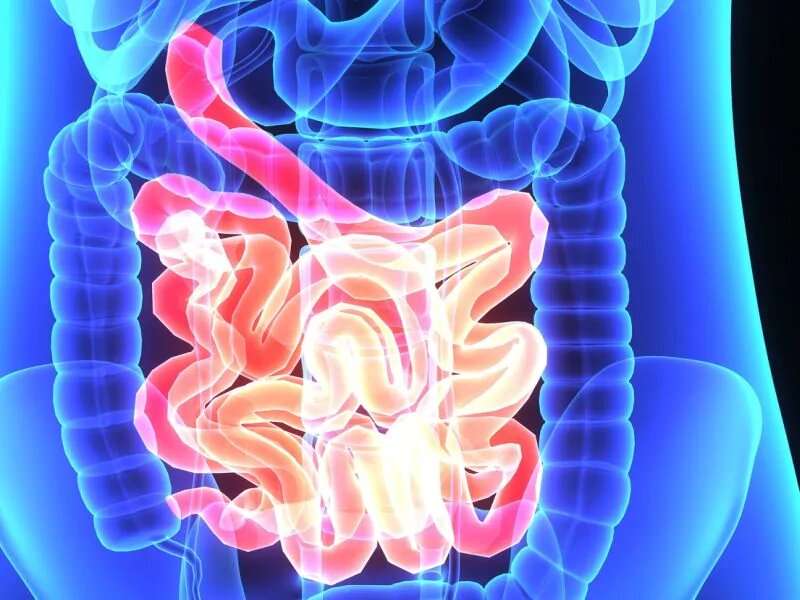
5 A history of liver disease or stigmata of liver disease suggests portal hypertensive gastropathy or colopathy. A history of gastric bypass surgery may suggest impaired iron absorption. A family history of GI bleeding may suggest hereditary hemorrhagic telangiectasia (associated with vascular lesions on the lips, tongue, or palms) or blue rubber bleb nevus syndrome (a syndrome with venous malformations in the GI tract, soft tissues, and skin). Anticoagulants or antiplatelet medications may precipitate bleeding in an undiagnosed lesion. Abdominal pain with aspirin or other nonsteroidal anti-inflammatory drug use suggests ulcerative mucosal injury. Unintentional weight loss suggests a malignancy. A history of GI bleeding, surgery, or pathology may reveal important diagnostic clues. Physicians should not attribute a positive fecal occult blood test to low-dose aspirin or anticoagulant medications without further evaluation.Ī targeted history and physical examination should be performed. All men and postmenopausal women with iron deficiency anemia, and premenopausal women who have iron deficiency anemia that cannot be explained by heavy menses, should be evaluated for occult gastrointestinal bleeding. Evaluation of a patient who has a positive fecal occult blood test without iron deficiency anemia should begin with colonoscopy asymptomatic patients whose colonoscopic findings are negative do not require further study unless anemia develops. Deep enteroscopy reaches into the mid and distal small bowel to further investigate and treat lesions found during capsule endoscopy or computed tomographic enterography. If a cause is not found after EGD and colonoscopy have been performed, capsule endoscopy has a diagnostic yield of 61 to 74 percent. In patients with recurrent bleeding, repeat EGD and colonoscopy may find missed lesions in 35 percent of those who had negative initial findings. Esophagogastroduodenoscopy (EGD) and colonoscopy will find the bleeding source in 48 to 71 percent of patients. A stepwise evaluation will identify the cause of bleeding in the majority of patients.

Occult gastrointestinal bleeding is defined as gastrointestinal bleeding that is not visible to the patient or physician, resulting in either a positive fecal occult blood test, or iron deficiency anemia with or without a positive fecal occult blood test.


 0 kommentar(er)
0 kommentar(er)
